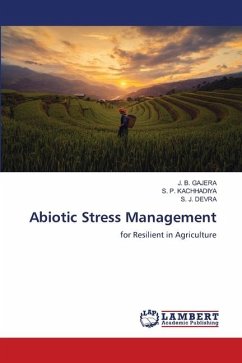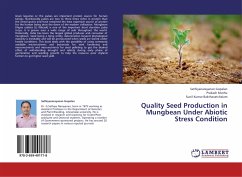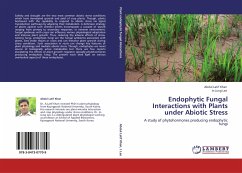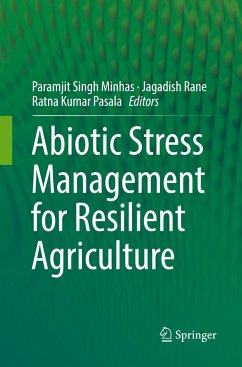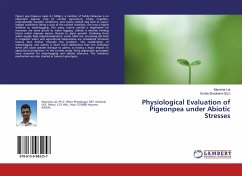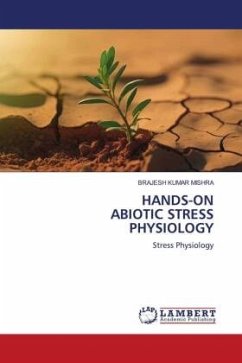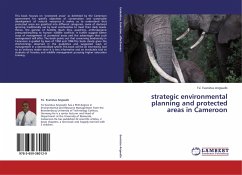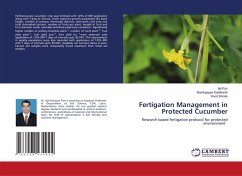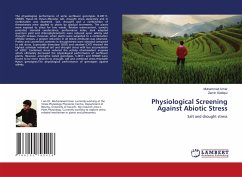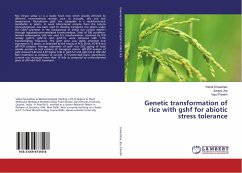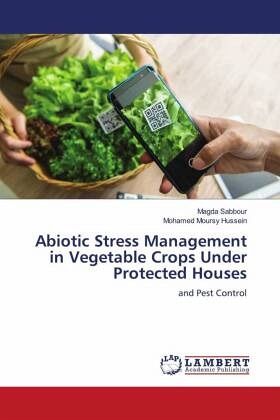
Abiotic Stress Management in Vegetable Crops Under Protected Houses
and Pest Control
Versandkostenfrei!
Versandfertig in 6-10 Tagen
40,99 €
inkl. MwSt.

PAYBACK Punkte
20 °P sammeln!
Abiotic stress factors are environmental conditions that can negatively impact the growth, development, and productivity of plants, animals, and microorganisms. Unlike biotic stresses, which result from interactions with living organisms like pests and pathogens, abiotic stresses are non-living factors originating from the physical and chemical components of the environment. Abiotic stressors can include a wide range of conditions, such as temperature extremes, drought, salinity, heavy metals, radiation, and pollution. Understanding these abiotic stress factors is essential for mitigating thei...
Abiotic stress factors are environmental conditions that can negatively impact the growth, development, and productivity of plants, animals, and microorganisms. Unlike biotic stresses, which result from interactions with living organisms like pests and pathogens, abiotic stresses are non-living factors originating from the physical and chemical components of the environment. Abiotic stressors can include a wide range of conditions, such as temperature extremes, drought, salinity, heavy metals, radiation, and pollution. Understanding these abiotic stress factors is essential for mitigating their harmful effects on various ecosystems, agriculture, and human activities.



